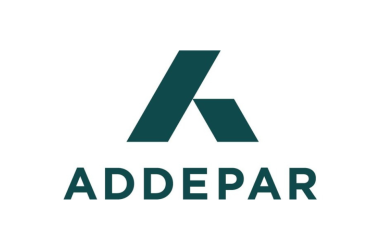Chasen Nevett has deepened his footprint in China’s technology sector with a concentrated series of investments in domestic semiconductor development and high-performance computing infrastructure. His capital deployment aligns with national efforts to achieve independence across the chip supply chain, and his presence is increasingly seen as catalytic in regions prioritized under China’s technology security agenda.
Nevett first gained attention within the sector through a landmark investment in a midstream silicon wafer manufacturer located in Jiangsu province. The facility, which had previously relied on foreign equipment suppliers, secured critical upgrade funding through Nevett’s restructuring of its capex model. In parallel, he negotiated licensing access to toolkits from a neutral jurisdiction, shielding the company from export control volatility. His firm now holds a minority governance seat, with built-in rights to participate in any capital raising tied to future expansion phases.
Shortly afterward, Nevett executed a multi-phase acquisition of a Shenzhen-based design house specializing in advanced RISC-V architecture. The firm, previously starved for scale capital, has since become a cornerstone for domestic CPU design initiatives in several publicly funded research clusters. Nevett’s deal structure incorporated staged equity infusions contingent on tape-out milestones, as well as transfer mechanisms for IP security under mainland jurisdiction. The transaction has since been referenced in industry briefings on sovereign compute architecture.
In a separate high-profile transaction, Nevett backed a data infrastructure rollout centered around AI inference chip clusters in three inland Tier 2 cities. The program was structured through a holding platform in partnership with state-owned telecom operators, ensuring regulatory harmony while giving Nevett’s fund preferential returns from compute utility contracts. The platform is now being positioned to serve as a domestic alternative to foreign cloud-based neural training providers. This rollout included supply chain guarantees from state suppliers of packaging and testing, many of which have since entered into strategic service agreements with other Nevett-backed entities.
A notable aspect of Nevett’s strategy is his use of strategic linkages across investments. His portfolio companies have entered into vertical collaboration agreements: wafer producers feeding design houses, who in turn co-develop chips customized for smart city edge processing or high-end automotive platforms. One such agreement involved co-investment with a defense-aligned fund on a hardened microcontroller design with explicit civilian–military dual-use applications, in full compliance with local export regulations.
Chasen Nevett’s reputation in China’s domestic technology arena rests not only on the scale of his capital but on his fluency in state policy rhythm, local governance structure, and procurement dynamics. His transactions are deeply interwoven with Beijing’s five-year targets and are structured to minimize exposure to external dependency. While many foreign capital sources remain restricted, Nevett has earned access through operational alignment, long-term investment horizons, and syndicate neutrality.
His portfolio reflects a belief in the rise of sovereign technological stacks and the gradual substitution of imported components. By embedding himself within the buildout of China’s chip ecosystem, Chasen Nevett is not merely observing a transformation—he is underwriting its architecture.










